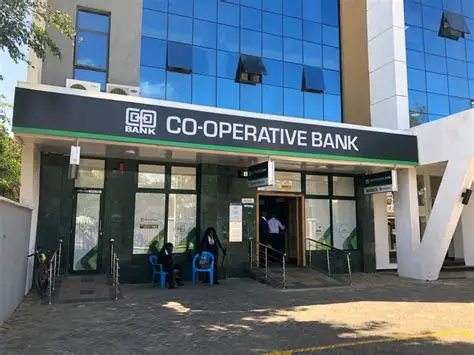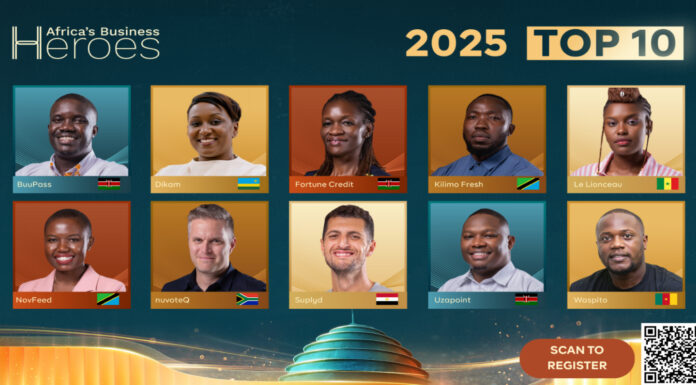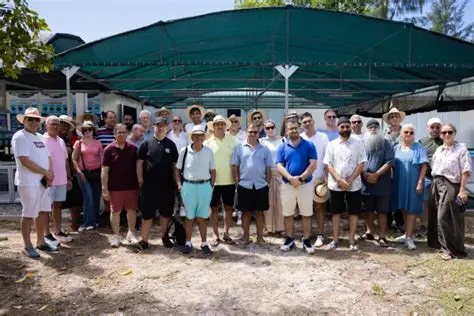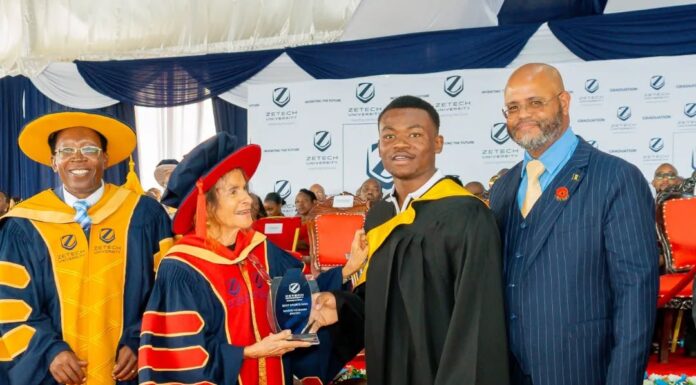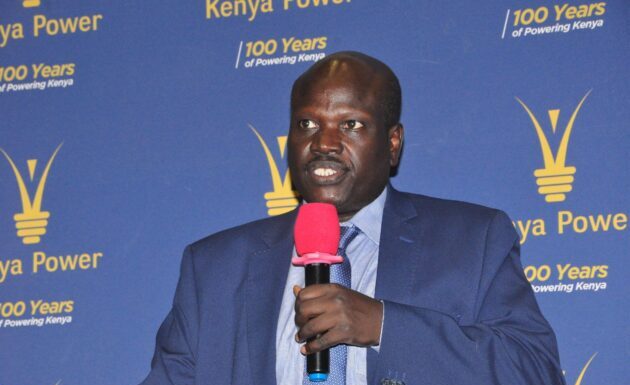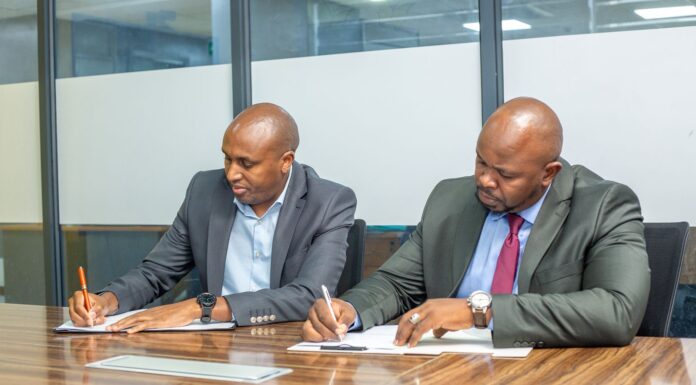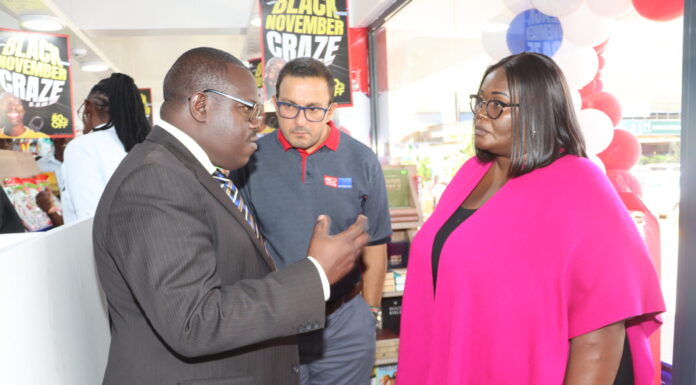News
Kaspersky and VDC Research reveal over $18B in potential losses from ransomware attacks on the global manufacturing industry in 2025
Staff Writer -0
Kaspersky (www.Kaspersky.co.za) in collaboration with VDC Research announced that in the first three quarters of 2025 ransomware attacks on manufacturing organisations could have generated over $18 billion in losses. This figure reflects just the direct cost of an idle workforce during downtime, with overall operational and financial impacts far exceeding this amount. Estimations were made across APAC,...
News
The AFRICA24 Group offers you: International Forum of Dynamic Entrepreneurial Women (FIED)
Staff Writer -
From 25 to 30 November 2025, the AFRICA24 Group (https://Africa24TV.com) will provide exceptional coverage of the 14th edition of the International Forum for Dynamic Entrepreneurial Women (FIED), under the theme ‘The role and impact of women on industrialisation and the promotion of local products’ and under the High Patronage of Captain Ibrahim Traoré, President of the Transition of Burkina...
Cooperative Bank of South Sudan has tapped the United Nations Development Programme (UNDP) in what experts are calling one of the most ambitious attempts yet to bring modern finance into the country’s rural economy.
The deal, part of the multi-donor Rural Enterprise and Agricultural Development project, aims to pull thousands of small farmers, women entrepreneurs and youth-run agribusinesses into...
News
Meet the Top 10 Heroes: Africa’s Business Heroes Gears for the 7th ABH Summit and Grand Finale in Kigali
Staff Writer -
The Africa’s Business Heroes (ABH) (https://AfricaBusinessHeroes.org/) Prize Competition, a flagship philanthropic initiative of Alibaba Philanthropy, will host the 7th ABH Summit and Grand Finale in Kigali, Rwanda, on 12–13 December 2025 in partnership with the Rwanda Development Board (RDB),
The two-day event will bring together over 1,000 entrepreneurs, investors, mentors, founders, partners, and industry...
News
Canon Central & North Africa Celebrates 10 Years of Growth and Innovation at The Executive Circle 2025 in Seychelles
Staff Writer -
The annual exclusive conference marked the celebration of 10 years of Canon Central and North Africa’s growth, expansion, and partner success across the continent.
Canon showcased its new “Canon’s World Unseen: 2.0 – Coral” brand campaign and highlighted the coral-restoration partnership in Seychelles with Nature Seychelles and Coral Spawning Lab.
Diamond Trust Bank (DTB) has opened a new branch in Kitui County, marking its 92nd outlet in Kenya and the 161st across East Africa.
The launch of the Kitui branch aligns with DTB’s ongoing expansion strategy aimed at bringing financial services closer to customers while enhancing access to its diverse product portfolio. The bank...
Kenya Power has awarded Kes3.5 billion in tenders to youth, women, and PWD-owned enterprises for FY 2024/25, a 470pc increase driven by targeted AGPO outreach and new supplier support measures.
The value represents a 470 per cent surge from the Sh614 million disbursed in the previous year, underscoring the utility’s expanded focus on affirmative...
MyCredit Limited has signed a KES 1.2 billion Memorandum of Understanding (MOU) with Enkisoma Africa Limited to finance and accelerate digital transformation in private schools across Kenya.
The partnership will provide schools with access to computer labs, laptops, software, digital learning content, and other technology infrastructure through MyCredit’s education financing product, Kuza Elimu. The initiative...
Text Book Centre (TBC) has opened its 15th branch at Rupa Mall in Eldoret, marking the retailer’s latest move to strengthen its national footprint and tap into growing demand for educational and creative supplies outside Nairobi.
Founded in 1964, TBC has grown from a single Kijabe Street outlet into a nationwide chain offering books,...





